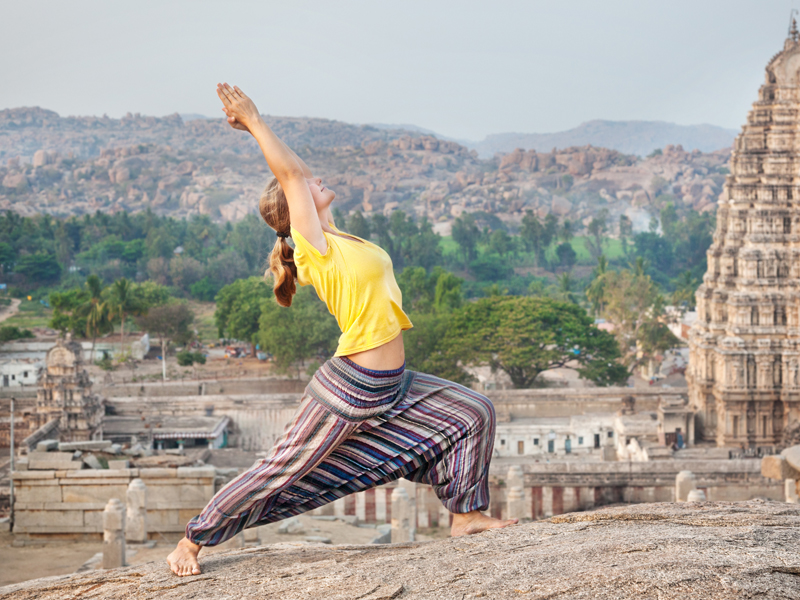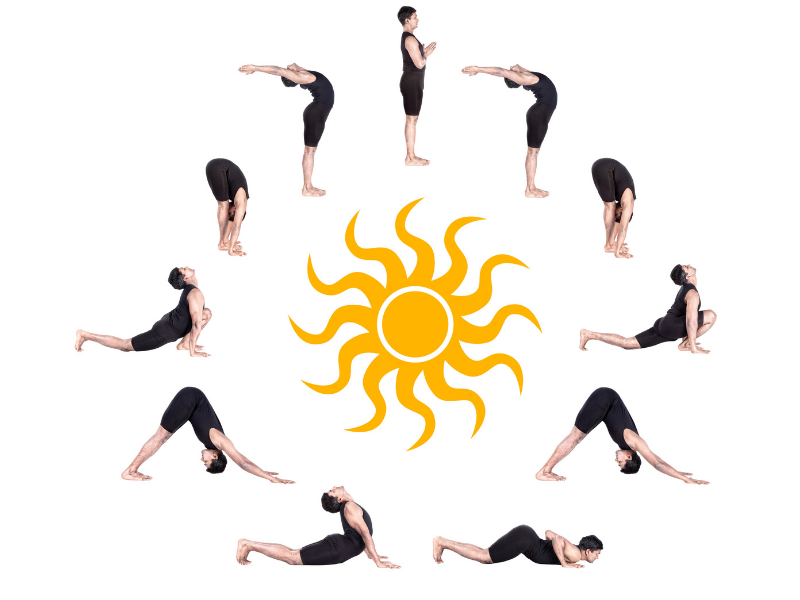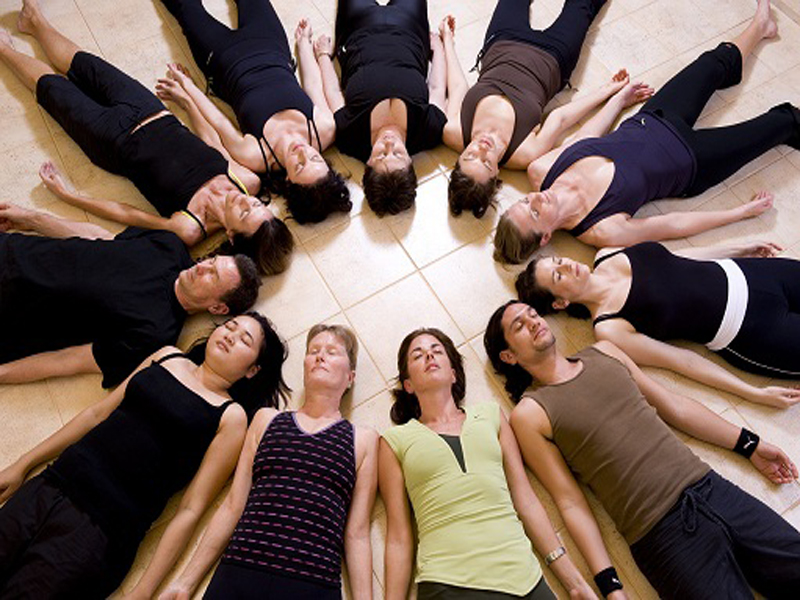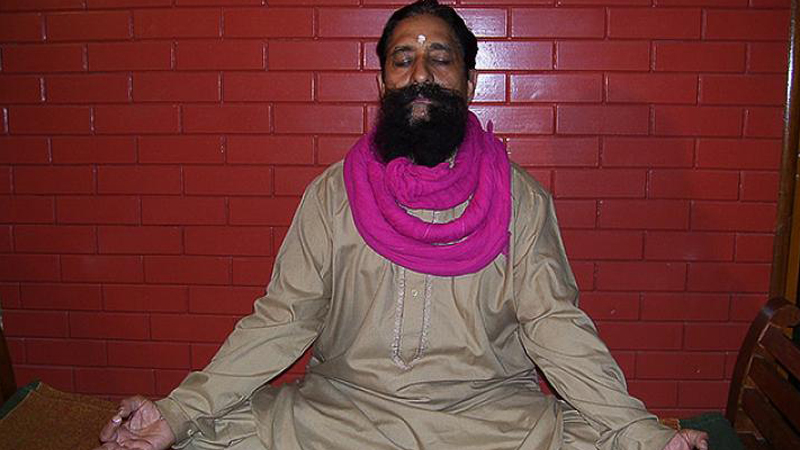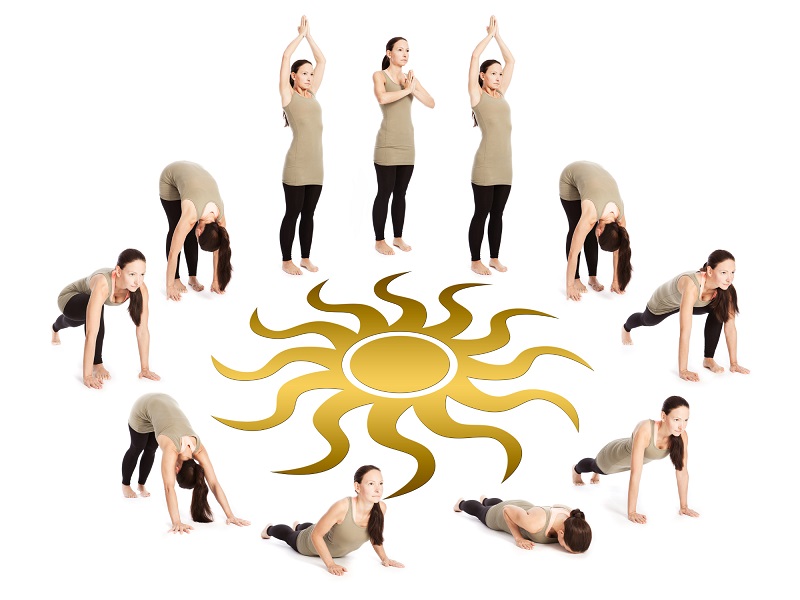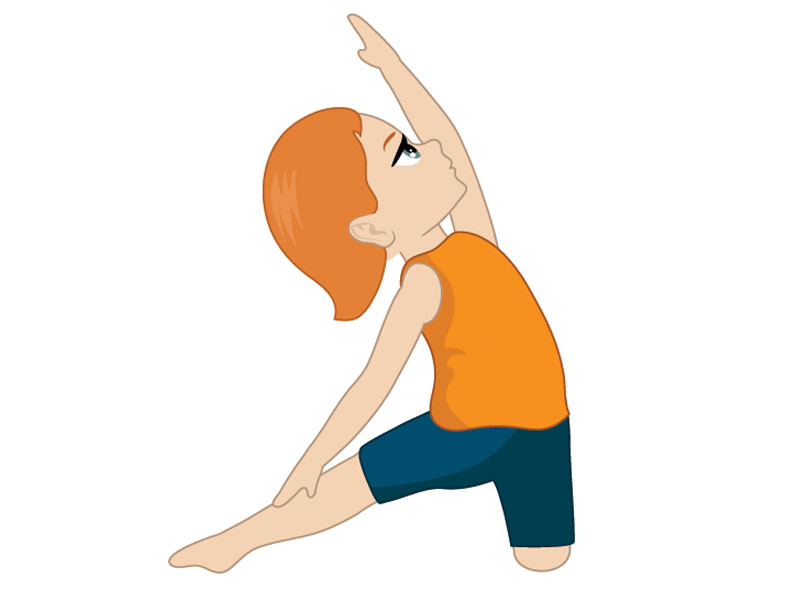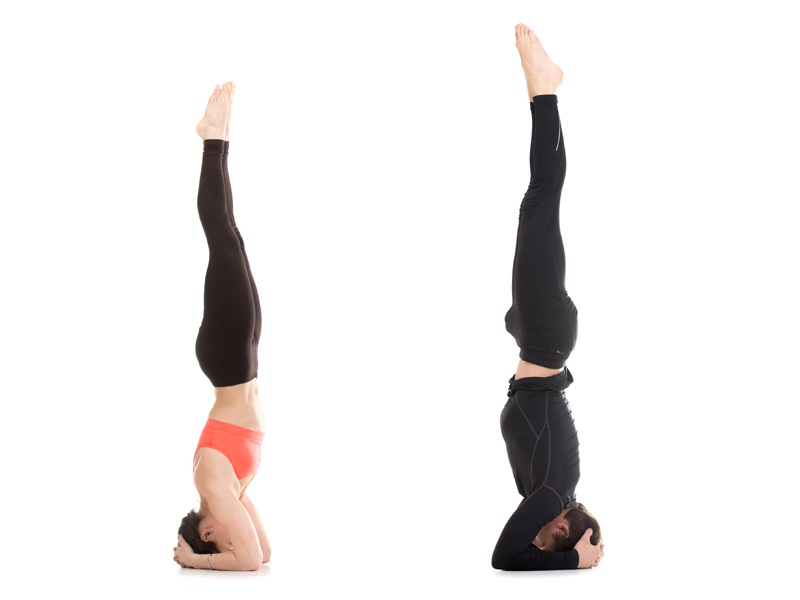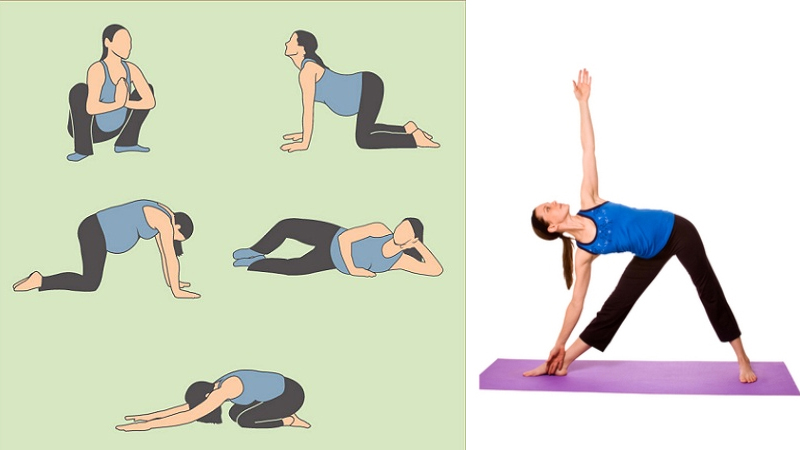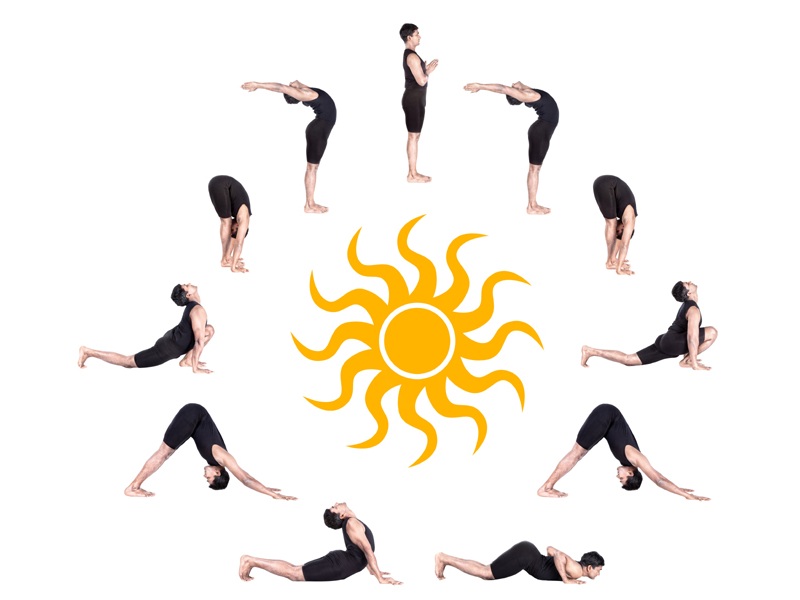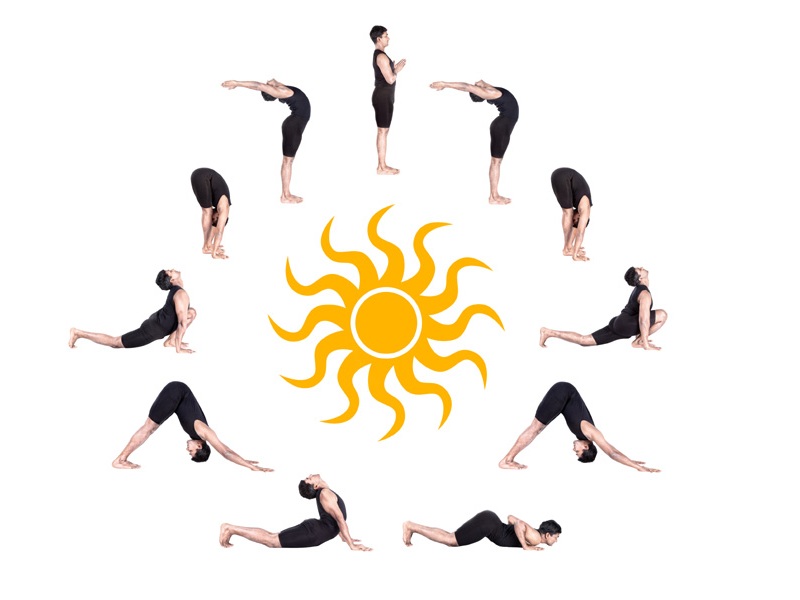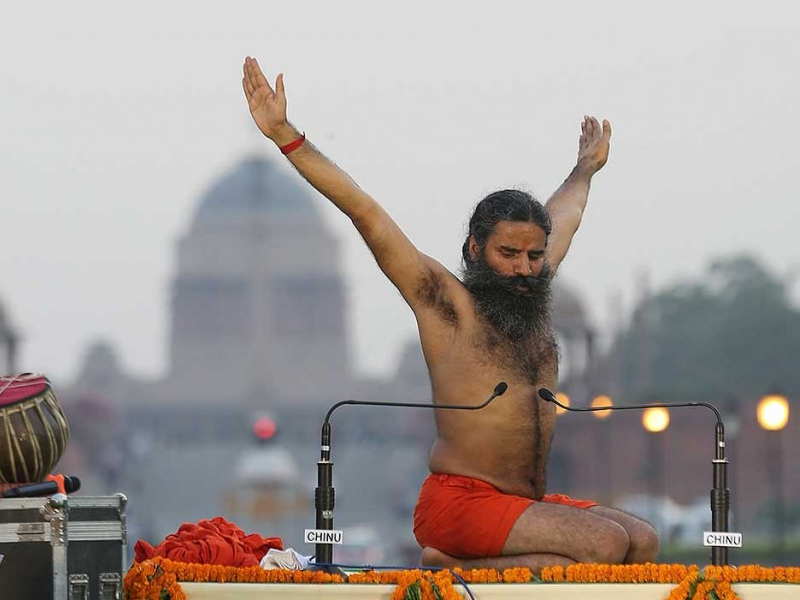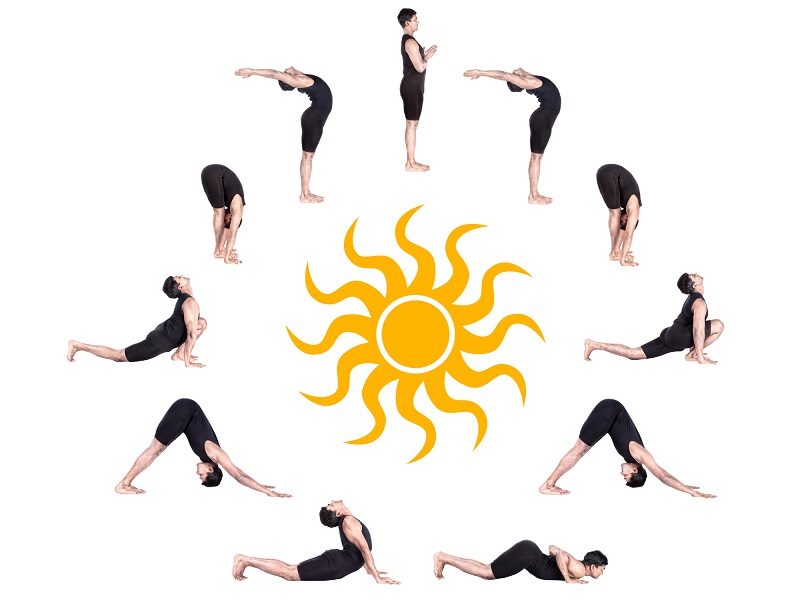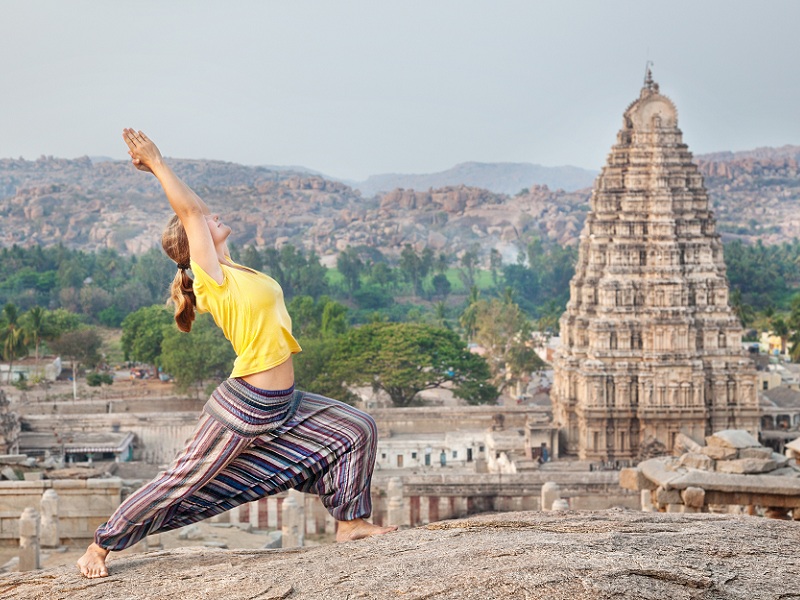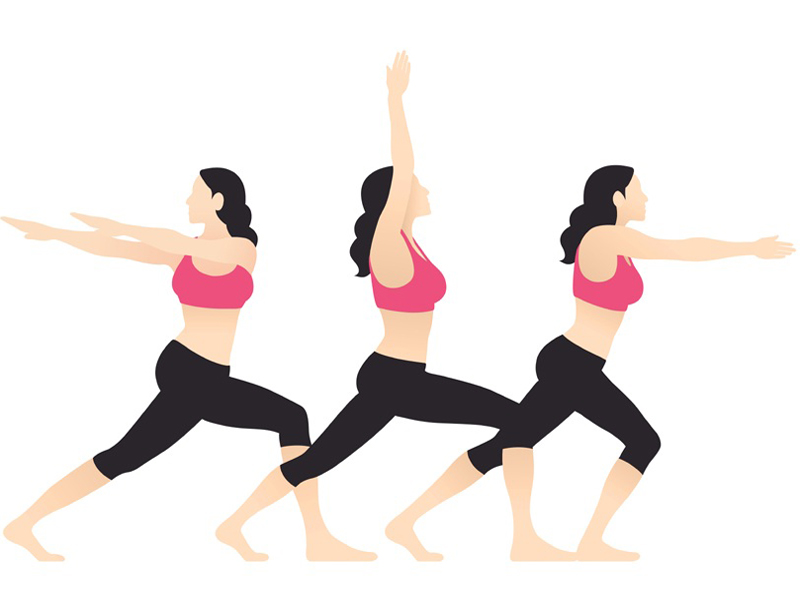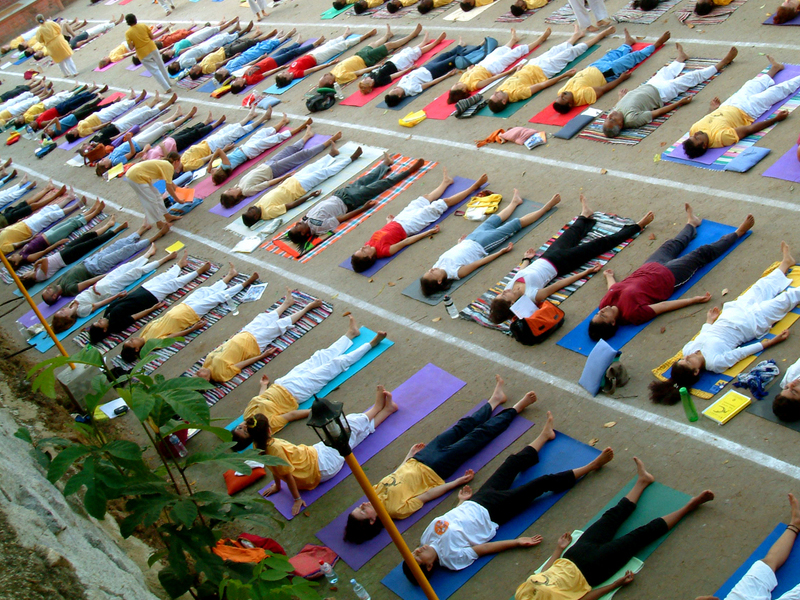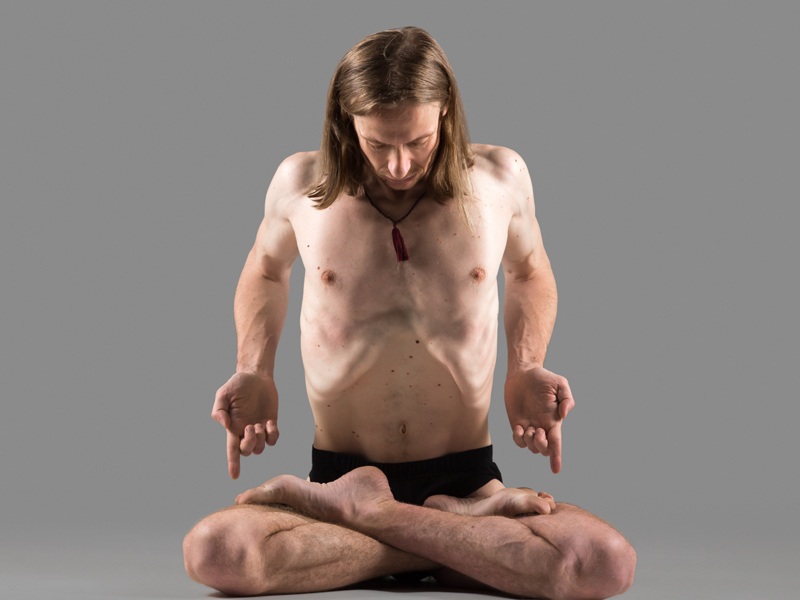We people have stopped doing things for others, don’t we? Even if we do, it is just to get something out of it. For this, karma yoga which a Hindu concept was developed to show our duty towards society. Karma yoga believes in doing an action selflessly for becoming the best human. Karma yoga helps you to get detached from your action and get burden free life. This can easily fit in your usual routine, help you get fruitful rewards and spread smile to others.
Karma yoga is known as the yoga of “action” that helps you find the sense of your purpose from birth to death. Karma yoga means selfless service that helps you to give up your ego to serve man, animal, plant or an inanimate object. This also means to follow ones’ personal dharma and accept destiny as it comes that leads to satisfaction, name, wealth, or fame.
Karma yoga is a one of the path to liberation, as per Hinduism. It is also greeted as the path of unselfish action, imparting wisdom to the learner, acting according to dharma. Being detached from the worldly affairs like pleasure or personal gain is the prime motto. Freedom and fulfillment is attained when any action is performed selflessly or altruistically, with only focus and attention.
Importance of Karma Yoga:
- It purifies your heart by letting go of ego, hatred, jealousy etc. which is essential.
- Letting go of selfishness is important to a healthy living. Karma Yoga helps you attain that.
Be fully conscious of self. - Enhance and improve the inner spiritual power and strength.
- Love and humanitarian traits are empowered through the practice of Karma Yoga.
- It shows you action need be your only step ahead and to not expect the result, whether good or bad.
- The ability to give it all to the work you are doing comes from the practice of Karma Yoga. It shows you how you need to put in your best to reap the benefits of the act. This is also one of the principles of Karma Yoga.
Read: Health Benefits of Artistic Yoga
Types of Karma Yoga:
There are three types of Karma Yoga;
- Sanchita Karma: One that arises out of being foolish or ignorant. It is often created unconsciously.
- Prarabdha karma: Prarabdha focuses on the present. What you do now, your actions and its result is what your present life is all about.
- Agami: The other kind is the Agami. The actions that will take place in the future is the result of your present action. This is Agami.
When this yoga is performed by right means it doesn’t harm anybody being in the law of dharma. This helps you gain the fruit of your actions to the divine love and makes you understand to help, heal, and share.
You can do karma yoga through several type of yoga such as:
1. Downward Dog:
- Sit on yoga mat.
- Keep your hands and knees down.
- Keep your hands straight aligned to the shoulders.
- Take your toes under the knees. Don’t move your knees.
- Push the mat, when you are in a right direction.
- Move your leg up to form “v” of the body.
- Be in this step till 5 breathe.
- Gradually come back to the normal position.
2. Lunges:
- Stand on the feet, keeping them together.
- Move forward, as if you want to walk.
- Lower your back leg.
- Your back leg must be above the ankle.
- Keep your body straight.
- Repeat this with alternate feet.
3. Hatha Yoga:
Ha means “sun” and tha means “moon,” that unites the pairs of opposites. This is also known as “forceful yoga”, as it needs loads of physical effort. Hatha yoga concentrates on practicing the postures and breathes control that helps to energize the nadis. This is the practice of any real meditation and brings health and energy to body and mind. It also aids in strengthening the power of will and concentration by the senses. Pranayama in hatha yoga is important to master the breathing technique that activates the kundalini energy.
Read: Benefits Of Doing Bhakti Yoga, Ways to Perform It
Varieties Of Hatha Yoga:
- Kashmir yoga,
- Iyengar yoga,
- Ashtanga vinyasa yoga,
- Shrishti krama hatha yoga
- Rakshana krama hatha yoga
- Adhyatmika krama hatha yoga
- Chikitsa krama hatha yoga
- Shakti krama hatha yoga
4. Bhakti Yoga:
Bhakti yoga describes the Hindu philosophy to spread love, faith, and surrender to god. The meaning of this yoga is to realize god by creating human-human relationships. This can be friend-friend, parent-child, beloved-lover, and master-servant. It also signals the devotion towards personal God. Among the many spiritual paths in Hinduism, Bhakti yoga is one path. It is a path to self-realization.
Read: Surprising Reasons Ashtanga Yoga Is Perfect For Beginners
5. Jnana Yoga:
The meaning of jnana is wisdom or discernment. Jnana meditation helps to withdraw the mind and emotions from one’s life and live in reality or spirit. The mind plays a crucial role in Jnanan yoga. The mind is made to inquire into its nature and to surpass the identification of the mind with ego and its own thoughts. This is yet another path to self-realization, where the power of the mind is used to separate the real and unreal things of the world.
6. Raja Yoga:
Raja yoga is also known as “royal yoga” due to its many styles. It helps to stimulate the benefits of meditation for self-realization and leads to consciousness. It is a path to self-discipline and practice. The yoga is organized into eight paths. It is aimed at the goal of yoga, which is samadhi and not just attaining it. Raja yoga is sometimes known as Royal yoga.
Some Important Elements of Karma Yoga:
Start by practicing deep breathing
- Keep your mind in a calm state.
- Get away from any negative thoughts in the mind including joyously, hatred, bribery.
- Do some social service activity while practicing karma yoga.
- Always be there to help others.
Karma Yoga Vivekananda:
Karma yoga Vivekananda, often go hand in hand. The Karma Yoga, or the Yoga of action is a book of lectures by Swami Vivekananda. It has been transcribed by Joseph Josiah Godwin and was published in 1896 in New York. The main theme of the book revolves around the concept of Karma in Bhagvat Gita. He describes it as a mental discipline, one that will let us carry the work or duty as a serviceman to the world. Some of the prominent chapters include ‘Karma in its Effect on Character’, ‘The secret of Work’, ‘What is duty’ etc.
Karma Yoga Bhagavatgita:
Karma Yoga Bhagavat Gita, defines Karma Yoga as ‘Do your duty to the best of your ability’. The gist is having to dedicate the mind to God and letting go of worry and selfishness. This calmness of the mind is what Karma Yoga is all about. While all the power has been bestowed one the individual to do their respective duty and action, one is not given the power to choose the results. To be fully prepared for accepting the good or bad result is an absolute essential for a successful and healthy living.
The most essential trait to develop while living is the sense of detachment. While this may be difficult for many of us, for those of you who can and understand the whole idea behind Karma Yoga and the principles of Karma Yoga, it is essential to start seeking what you need. The path to spirituality and self-realization requires extreme focus and commitment. Read more about these practices and get to know them to gain a better wisdom and understanding.


















